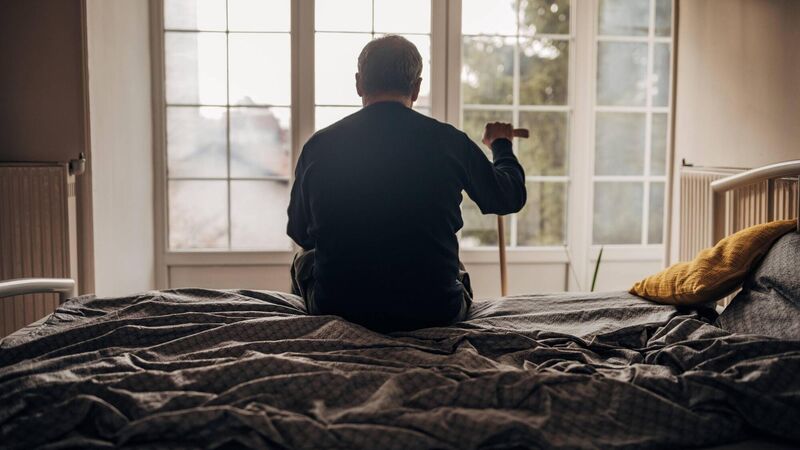Vulnerable and elderly 'still scared to leave homes post-covid'

The isolation of elderly people has been compounded by the fact many of their families moved away for work. Picture: iStock
"Vulnerable, elderly, and isolated" people living in one of the country’s oldest population regions in Cork have retreated into their shells and may never leave their homes again, primarily due to fear they endured during the covid pandemic, it has been claimed.
Registered charity IRD Duhallow has expressed fears that a large number of vulnerable people in the region are still not going to Mass, pubs, or GAA matches, and that fewer bachelors are coming to eat subsidised meals at its headquarters in Newmarket, Co Cork.













